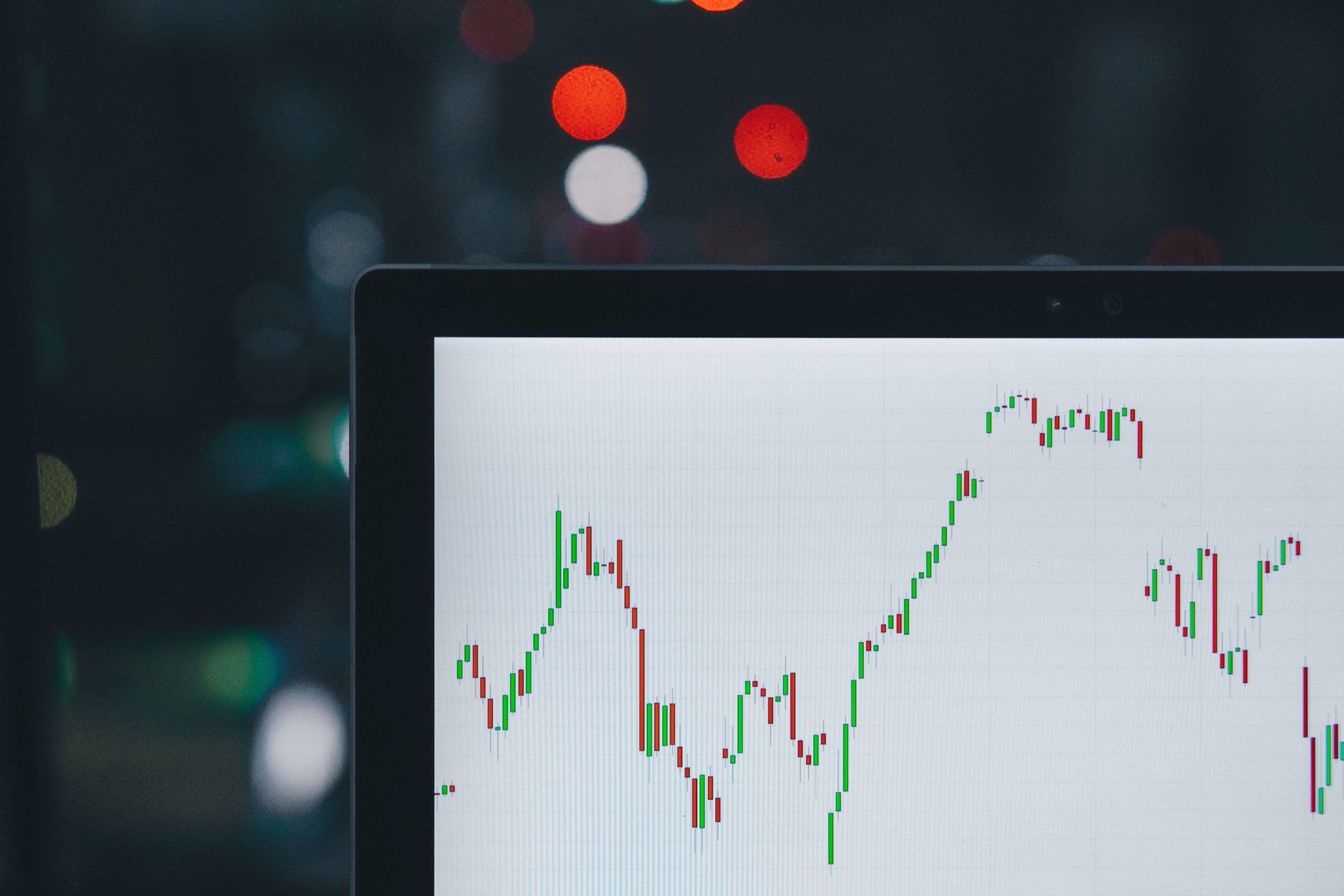Earning a master’s in business administration (MBA) may seem the right degree to obtain for many people aiming to enhance their careers in the business field. But those with interest in the world of finance or economics are torn on whether a specialized degree in economics is a better choice.
When choosing which degree to pursue, it’s critical to assess your long-term objectives. It all boils down to determining what skills you want to acquire and what job you aim for once you have your degree.
Differences Between a Master’s in Economics and an MBA?

Here, let’s dive into some of the differences between an MA in Economics and an MBA.
General requirements
A master’s in economics typically requires a strong background in mathematics. Before getting admitted to a graduate school in economics, students are typically required to take courses in differential calculus, integral calculus, and statistics.
Some universities offer MBA specializations in varied fields, including concentrations in economics and finance. Typically, many professionals pursue a master of business administration degree after a few years in the workforce. For some MBA programs, in fact, it is a requirement for applicants to have prior job experience before being admitted. Also, almost all advanced business degrees will require strong math knowledge.
Curriculum
MBA programs cover a wide range of business topics, whereas master’s programs in economics and finance are more subject-focused.
An MBA will cover finance and economics, but it will also cover other business topics. Learning about a wide range of fields, from marketing to accountancy and information technology, can be quite beneficial. Students in a standard MBA program are exposed to all of these topics. They learn how different components of an organization interact with one another in the process.
Though the typical track of an MBA program covers many business areas, MBA classes require far less abstract mathematical theory than economics and finance graduate classes. Still, knowledge of algebra is often sufficient for success in an MBA program. If you are interested in topics like economic theory, trends, and practices, you may want to take your training to the next level by earning an MBA in economics.
A master’s degree in economics, on the other hand, delves into issues like investment analysis, corporate finance, forecasting, and risk analysis in depth. In an economics graduate program, students can expect to get exposure to microeconomics, macroeconomics, and econometrics.
Additionally, the typical study course and nature of an economics graduate degree students will be exposed to advanced data analysis and statistics, graduate-level economic research, econometrics, economic math, and market economic specialization. These more specialized subjects are more likely to attract students who excel at quantitative analysis and critical thinking.
Career paths
An MBA will provide you with the leadership skills necessary to put you in control of a company, small or large, as well as those skills you might need to lead any kind of team to success. MBA graduates may work in the technology industry or for financial institutions or find work in product and service sales and marketing, as well as consulting firms.
For students who earn MBA degrees with concentrations in economics, one of the largest and most prominent career positions tends to be working for the federal government. However, graduates could also work in consulting, development, scientific research, and more.
On the other hand, many economic and finance graduates work at major corporations, global banks, and mutual fund companies. Additionally, economics majors often work in the private sector. However, many enter academia or go into research roles after receiving a master’s degree.
Companies, non-profits, research institutes, and government agencies require specific information to help them design policy and make choices, and a master’s in economics offers students that expertise. Furthermore, many economics majors go on to earn the chartered financial analyst (CFA) credential to gain credibility.
Salary
The median MBA salary differs by sector and job position; even so, an MBA program is still one of the most lucrative master’s degrees. An MBA graduate’s average annual pay is 115,000USD per year.
Organizations in numerous industries utilize economic analysis and quantitative methods to examine and forecast business, sales, and other market trends, according to the Bureau of Labor Statistics (BLS). Furthermore, in May 2020, the median annual wage for economists was $108,350.
As we can see, there’s quite a distinct difference between these two degrees, including prerequisites, curriculum, and career paths. In the end, it comes down to figuring out the types of skills you are trying to obtain and what job you see yourself pursuing once your diploma is in hand.
If you’re interested in a career in economics or management, check out our Bachelor of Arts in Economics & Finance program or the Master of Business Administration with a concentration on Economics & Finance program.

